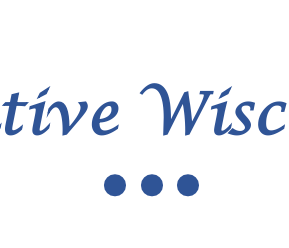- Bruce Campbell MD

- Sep 11, 2021
- 2 min read
Updated: Sep 12, 2021

For generations, physicians have been told that we have terrible handwriting. To be fair, my handwriting isn't great, but it is a heck of a lot more legible than my dad's ever was. I was dumbfounded the post office ever delivered a single letter he addressed. My dad, who owned a Ben Franklin Store, always blamed his chicken-scratch style on his parents' forcing him to write right-handed when he might have been a natural lefty. Hmmm, maybe. There are probably hundreds of his hand-addressed envelopes in a dead-letter office somewhere.
I, on the other hand, grew up priding myself on my inelegant but servicable handwriting.
Admittedly, my signature did deteriorate early in my career. Back when I was first in practice, all medical records were kept on paper charts. Every week or two, I would head to the medical records department and sit down in front of a mountian of charts that had been generated by the people who had recently been discharged from the hosptial. Each chart had dozens of plastic tabs protruding, each of which marked an order or report where my signature was required. Apparently, insurance companies and Medicare wouldn't pay legitimate charges unless a physician physically signed the form. They claimed that it allowed us to confirm that every charge was legitimate. Our thought was that it made it easier to sue us or deny payment.
Dealing with the stack of charts was a stupid, time-wasting ritual, and I sought to dispense of the duties as quickly as possible. When I started, I signed each entry with "Bruce Campbell, MD." This soon became "Bruce Campbell, then "BCampbell," then "BC," and, finally "C." No one ever seemed to care how long or how short my signature was, as long as it was in the correct location.
So, I joined the legion of physicians who had illegible signatures. I used it on prescriptions, reports, progress notes, and any piece of paper that crossed my desk. "C" was all that was needed.
These days, my official signature is entirely elecrtronic and, of course, legible. It actually takes longer to complete my charts, but at least I can do it from the comfort of my home or office rather than in a cubicle in medical records. It's still a stupid and time-wasting activity, though.
For the book signings, I am resurrecting my original, legible signature. I actually have to think about it when I sign since it is no longer automatic. I notice that it is hard for me to talk and sign at the same time.
So, if I have the opportunity to sign your copy of the book, please know that I took the privilege seriously. And thanks.
#afullnessofuncertainsignificance #afousbook Orange Hat Publishing TEN16 Press #narrativemedicine
To order A Fullness of Uncertain Significance visit: https://www.ten16press.com/shop


















